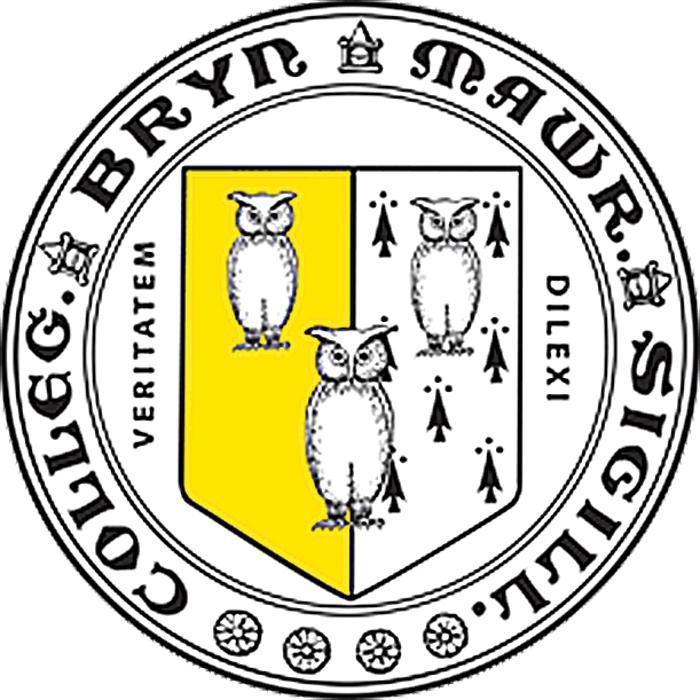The Black & Brown Workers Cooperative, formerly known as the Black & Brown Workers Collective, has been no stranger to fighting for workers’ rights to disrupt and dismantle power dynamics within oppressive workspaces.
The BBWC has been advocating for owning one’s labor since the group’s inception nearly two years ago.
Group cofounders Shani Akilah and Abdul-Aliy Muhammad aim to liberate marginalized workers while redefining workers’ rights issues. The duo led part of the Bryn Mawr College Graduate School of Social Work and Social Research’s (GSSWR) Scott Lecture Series Feb. 20 entitled, “Black and Brown Workers Cooperative: Owning Our Own Labor.”
In a nearly packed room, Akilah, an alum of the GSSWR program, and Muhammad discussed power structures within the workplace and how those structures often don’t reflect the faces of the black, brown and marginalized individuals who work on the frontlines. The discussion explored the intersections of race, gender, gender identity, sexuality and capitalism within the context of the labor struggle.
“Current workspaces are perpetuating unequal systems of power and control,” Akilah said. “Take a good look at who is in control and who is being pushed to the margins.”
During the lecture, the queer, non-binary cofounders addressed what they called the “dirtiness” of resistance work and workers’ rights: to shine light on unfair and uncomfortable work environments without the fear of consequences or their livelihoods being in jeopardy. The lecture also examined the beginning stages of labor uprisings with connections stemming from slavery uprisings.
The theme of the lecture, “Owning Your Own Labor,” was inspired by both Muhammad and Akilah’s experiences working in what they said were oppressive workspaces.
“I had a crisis of consciousness. I couldn’t look myself in the mirror,” Akilah said after discussing their work environment. “[We] can no longer give our labor to [a] system that oppresses us.”
Through their resistance efforts, the BBWC hopes to influence more worker-owned institutions and operated spaces while advocating for the community to decide who gets positions of power. During the lecture, the group also focused on the need for those in power to prove their legitimacy by providing equity for those who work alongside them, as well as for the community that those groups are serving.
The BBWC’s mission is to “actively challenge, resist and dismantle those colonialist, white-supremacist and oppressive systems that impact the lives of Black and Brown workers,” according to the group’s website. They have led public protests against LGBT nonprofit organizations and city leaders.
The BBWC called for resignations of the former director of the Office of LGBT Affairs as well as the former CEO and medical director of the Mazzoni Center. Just months after the group’s initial protests, former director of LGBT Affairs Nellie Fitzpatrick, former Mazzoni CEO Nurit Shein and former Mazzoni medical director Dr. Robert Winn departed their positions.
Muhammad refused to take their HIV medication until Shein resigned. Mazzoni announced the CEO’s resignation days later.
“When you’re pos, you’re not seen as human,” Muhammad said. “I decided to use my body as a form of liberation.”
The BBWC still has an active campaign against Philadelphia FIGHT and CEO Jane Shull. The goal of the campaign is to remove whom they believe are acting to stop equity while liberating spaces for black, brown and LGBT workers.
